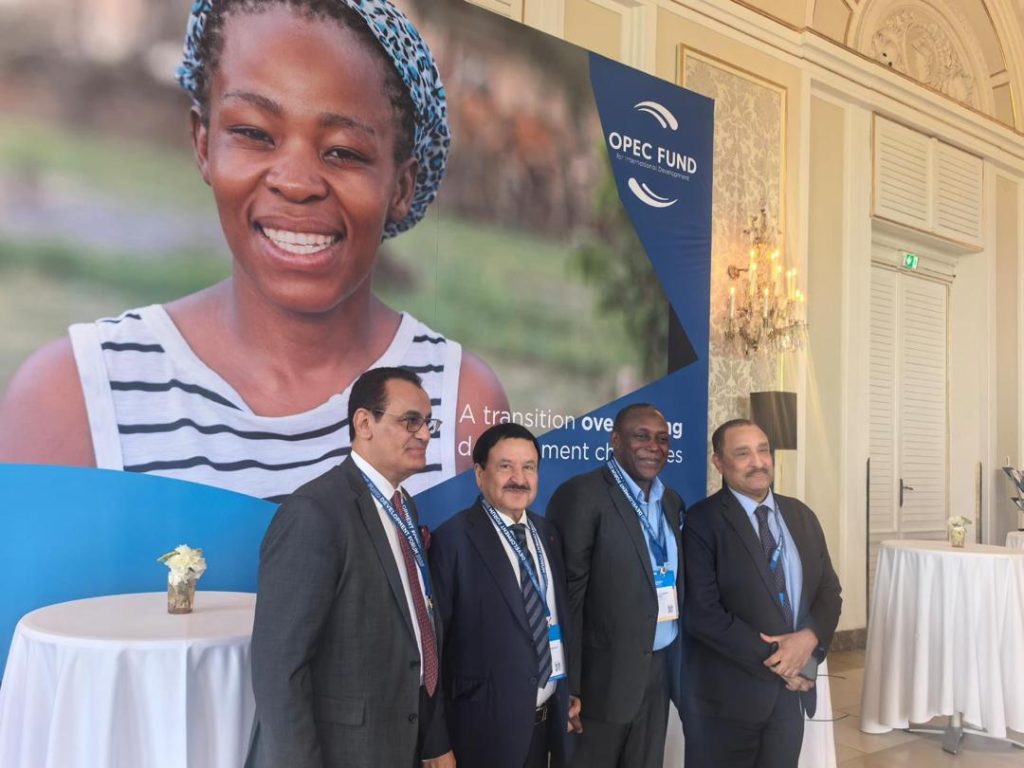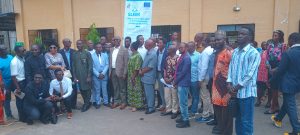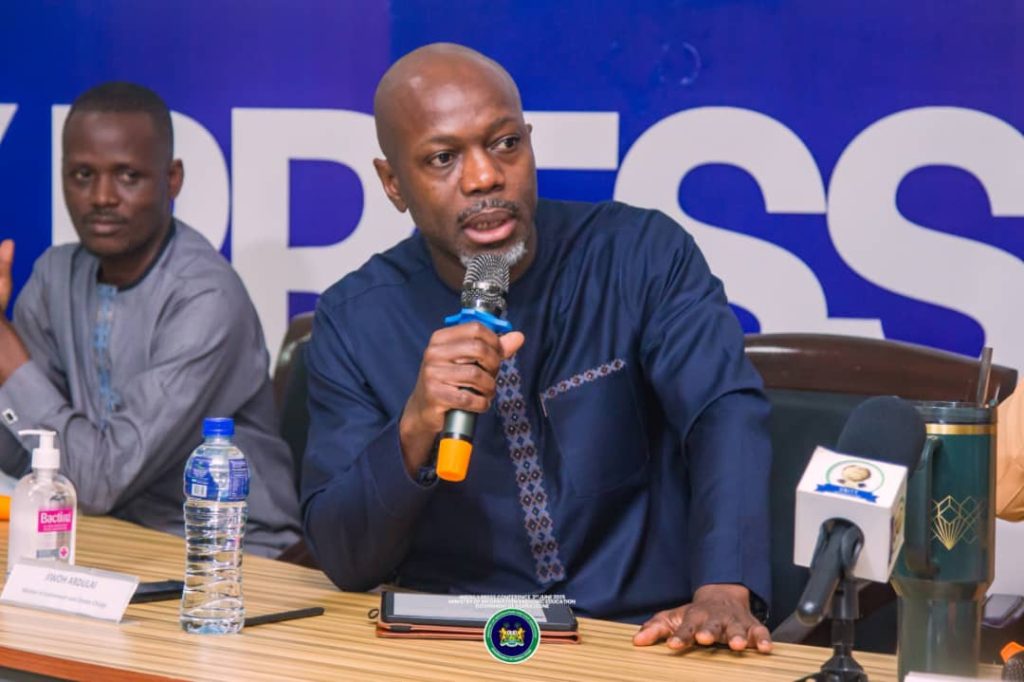Hon. Kamara Warns of Soaring Costs Critiques President Bio Address

Opposition Member of Parliament, Hon. Mamoud Kamara, also known as Nice Guy, has raised concerns about the soaring cost of living in Sierra Leone, warning that food prices are rapidly escalating to the point where they may soon “reach Planet Jupiter.” Kamara made this statement during the Presidential speech debate in the Well of Parliament on Monday, 4th November 2024, as he criticized the government’s handling of the economy.
In his remarks, Kamara pointed out that despite the President’s speeches consistently outlining similar promises and commitments, the situation on the ground for Sierra Leoneans remains dire. He expressed his frustration with what he perceived as empty rhetoric, stating that the country’s people are suffering from unbearable economic conditions due to the rising cost of food and essential commodities.
Kamara, a vocal critic of the government’s economic policies, lamented that the content of the President’s speeches did little to address the pressing concerns of ordinary Sierra Leoneans. He called the speeches disappointing and claimed that they failed to acknowledge the deepening hardship faced by citizens.
Turning to education, Kamara criticized the rising costs of university fees under the current administration. He highlighted a stark increase in tuition, noting that the amount required for university fees had skyrocketed from Le 2,500 million old Leones in 2018 to Le 8 million old Leones today. This significant hike, he argued, has made higher education less accessible for many students and their families, exacerbating economic inequalities.
He also discussed the rising cost of electricity. Kamara noted that in the past, topping up an electricity meter would last much longer, but now, the cost of electricity has become prohibitively expensive, creating an added burden on families already struggling with high living costs. He further revealed that only 36% of Sierra Leoneans currently have access to electricity, pointing to the government’s failure to meet basic infrastructure needs.
Kamara also brought attention to the dilapidated road conditions in his constituency in the Lumley area, urging the President to focus on addressing these basic infrastructural challenges rather than engaging in what he described as “propaganda.”
Kamara concluded his speech by expressing disappointment in the President’s address, stating that the performance of the economy under President Bio’s leadership has crushed his hopes for immediate improvement. He urged the government to prioritize the needs of the people, rather than delivering speeches he believed were disconnected from the everyday struggles of Sierra Leoneans.
Following Kamara’s speech, Hon. Dr. Unpha Gbasay Koroma also weighed in on the President’s address, particularly focusing on the issue of peace and national unity. While acknowledging the President’s call for political harmony, Koroma expressed concern that the trust in the electoral process remains at an all-time low. He noted that the government’s failure to fully implement the tripartite national unity agreement was a major oversight and pointed out that this was a critical issue that the President failed to address in his speech.
Koroma also highlighted the government’s failure to address the rising cost of rice, which he said has increased by 5%, further straining the already struggling population. He warned that additional price hikes, including a 10% increase set to take effect in 2025, would exacerbate the burdens on Sierra Leoneans, particularly the poor and vulnerable.
Koroma, in his critique, also urged the government to reconsider its tax policies, particularly the taxation on essential commodities like rice. He reiterated that the opposition had previously called for the removal of taxes on rice and other basic necessities, warning that the current taxation regime would only add to the hardship faced by citizens. Koroma suggested that the government look to neighboring countries such as Guinea and Ghana, which have adopted more progressive tax models that could serve as useful examples for Sierra Leone.
In response to the opposition’s criticisms, Hon. William Lamin, a Member of Parliament from the ruling Sierra Leone People’s Party (SLPP) and a representative from Bo, dismissed the opposition’s concerns, arguing that the government had made significant progress on the development front. He contended that the President had delivered substantial achievements across the country, particularly in areas of infrastructure and economic development. Lamin challenged the opposition to acknowledge the ongoing improvements, pointing out that the criticisms raised, particularly regarding university fees, were unfounded. He clarified that the university fees were lower than the Le 8 million figure cited by the opposition and urged MPs to focus on the positive strides being made.
Lamin accused the opposition MPs of failing to recognize the government’s development efforts, emphasizing that the President’s leadership has driven growth in key sectors, despite the challenges facing the country.
As the debate unfolded in Parliament, it became clear that tensions between the ruling party and the opposition continue to run high, particularly over economic issues such as the rising cost of living, education, and infrastructure. While the opposition continues to call for immediate reforms and accountability, the ruling party defends the government’s progress, arguing that significant strides have been made in addressing the country’s challenges.
The debate reflects the ongoing political divide in Sierra Leone, with the opposition calling for more tangible action to address the nation’s economic woes, while the government defends its achievements and promises continued development. It remains to be seen how these issues will unfold in the coming months, particularly as the 2025 budget and upcoming elections draw closer.





